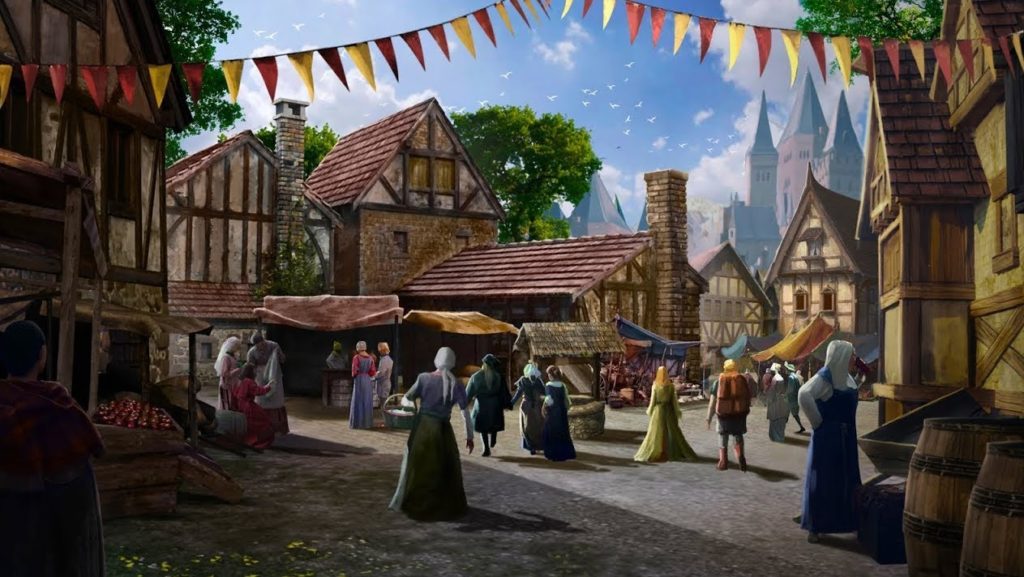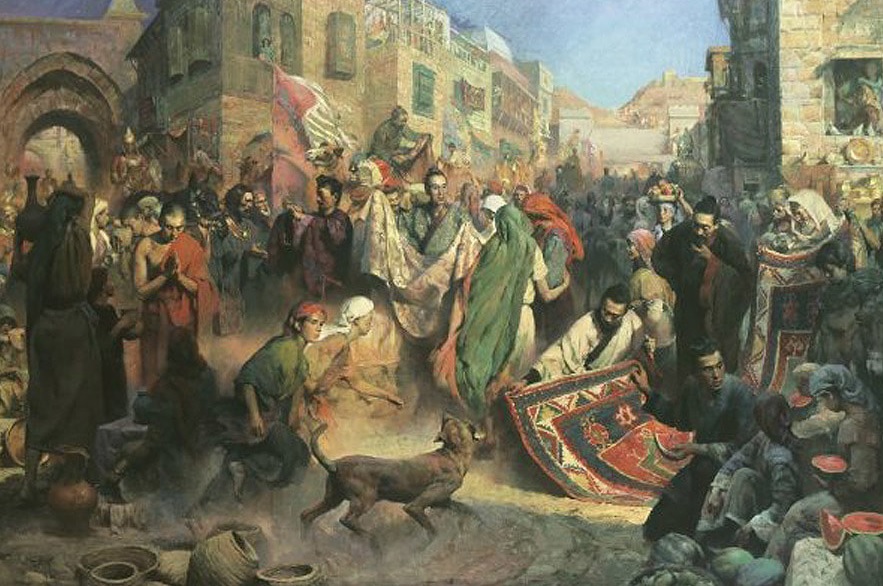During the medieval period, merchants played a vital role in the economy and society, facilitating the exchange of goods and ideas between different regions. In this article, we will explore the various types of merchants that existed in medieval times, their roles and responsibilities, and the challenges they faced in their work.
Local merchants
Local merchants were an important part of the medieval economy, providing goods and services to the local population. Many local merchants operated shops or stalls in marketplaces or town squares, where they sold their goods to passersby. Others traveled to fairs and other events to sell their goods to a wider audience.

Local merchants sometimes specialized in a particular type of goods, such as textiles, spices, or leather goods, or they offered a more diverse selection of products.
In addition to selling goods, local merchants could also offer services such as repair work or tailoring. They played an essential role in the daily life of their communities, providing the goods and services that people needed on a regular basis.
Long-distance merchants
Long-distance merchants were merchants who traveled long distances to trade in goods. They might travel along established trade routes, such as the Silk Road or the Mediterranean Sea, or they might venture to more remote regions in search of valuable goods.
Long-distance merchants often traded in luxury items, such as spices, precious metals, and exotic animals, and they played a very important role in the exchange of cultural ideas and technologies.

Wholesale merchants
Wholesale merchants played an important role in the medieval economy by purchasing goods in large quantities and then reselling them to other merchants or consumers. They often operated warehouses or storefronts where they stored and sold their goods, and sometimes traveled to fairs and markets to sell their products.
Wholesale merchants helped to distribute goods throughout the region and provided a link between producers and consumers. They were able to purchase goods at a lower price due to the large quantities they purchased, and they were able to sell them at a higher price due to the smaller quantities they sold.
This enabled them to make a profit while also providing a valuable service to other merchants and consumers. By connecting local merchants with a wider market, wholesale merchants helped to facilitate trade and economic exchange.
Retail merchants
Retail merchants were a common sight in medieval towns and cities, selling goods directly to consumers either through a storefront or at a market or fair. They often specialized in a particular type of goods, such as clothing, household items, or food, or they might offer a more diverse selection of products.
Retail merchants played a crucial role in the local economy, providing consumers with the goods they needed on a regular basis. They were often the first point of contact for consumers looking to purchase goods, and they helped to make a wide range of products accessible to the general public.

Like local merchants, they sometimes also offered services such as repair work or customization, further enhancing their value to consumers. By providing a convenient and accessible source of goods and services, retail merchants played an essential role in the daily lives of their communities.
Challenges faced by merchants
Merchants of all types faced a range of challenges in their work, including competition, political instability, and the risks associated with travel. They also had to deal with the high costs of transportation and the risks of carrying valuable goods, which made them vulnerable to theft and violence.
Despite these challenges, many merchants were able to establish successful businesses and contribute to the flourishing trade of the medieval period.
Conclusion
There were 4 different types of merchants in the middle ages, including those who operated within a specific town or region, those who traveled long distances to trade, those who purchased and resold goods in large quantities, and those who sold directly to consumers.
Despite facing some difficulties, merchants were able to create successful businesses and contribute to the thriving trade of the medieval period.
